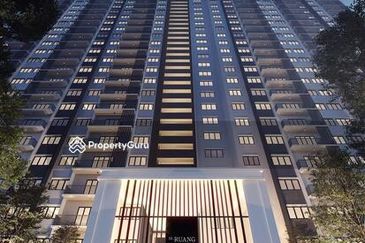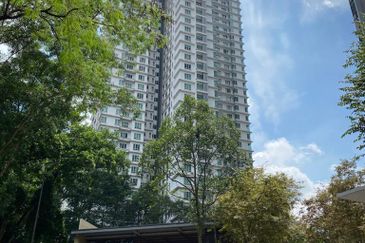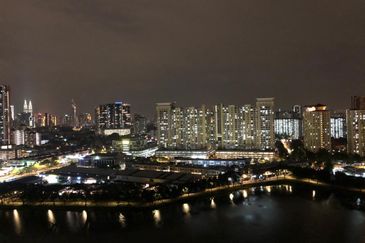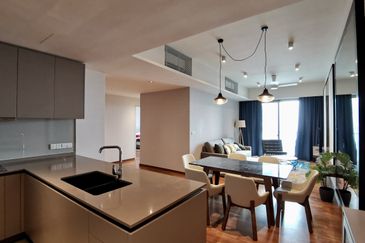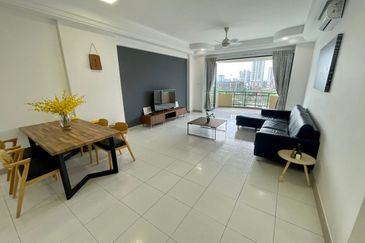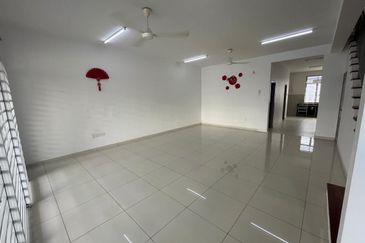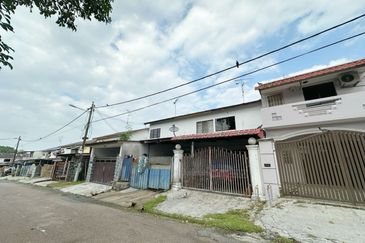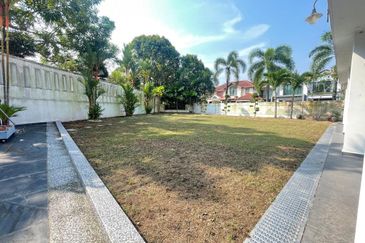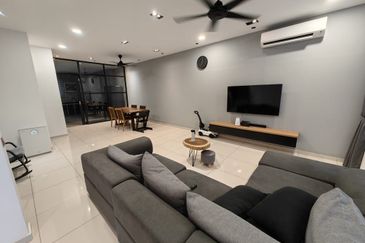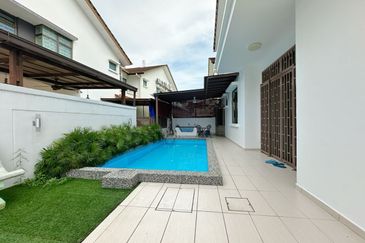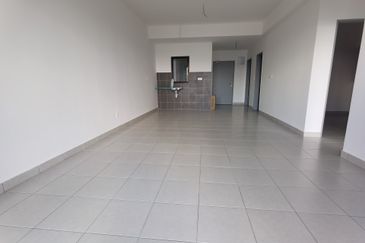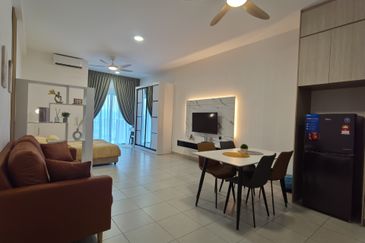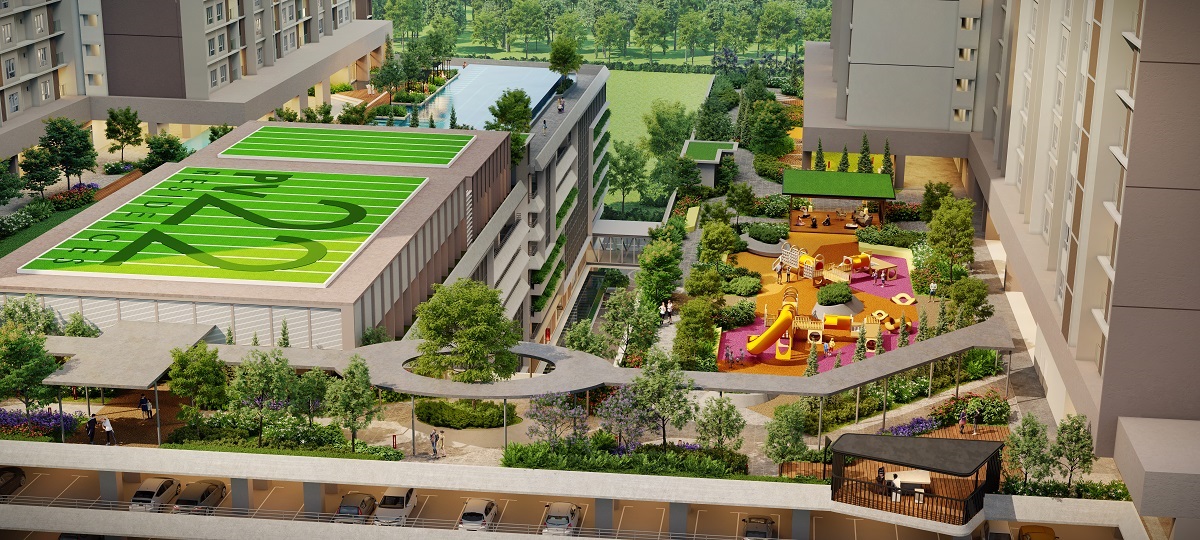
The COVID-19 outbreak is likely to affect the timely delivery of vacant possession (VP) of parcels in property projects by some developers. The advent of worldwide travel restrictions and the local Movement Control Order in Malaysia would impact the supply of resources for the completion of such projects.
A statutory sale and purchase agreement (SPA) under the Housing Development (Control and Licensing) Act 1966 (the Act) and the Housing Development (Control and Licensing) Regulations 1989 (the Regulations) is clear on the milestones for a housing development. Arguably, no milestone is more consequential than the delivery of VP within the stipulated period.
What then are the steps a developer can take in response to the difficulties it may face in meeting these milestones, especially from restrictions imposed during the virus pandemic?
Application for extension of time
Until recently, Regulation 11(3) of the Housing Development (Control and Licensing) Regulations 1989 had provided developers with an option to apply to the Housing Controller for an extension of time (EOT) for the delivery of VP of housing projects.
Regulation 11(3) had empowered the Housing Controller to “waive or modify” the terms of the SPA where compliance becomes “impracticable or unnecessary” due to “special circumstances or hardship or necessity”.

However, the Federal Court in Ang Ming Lee vs Menteri Kesejahteraan Bandar, Perumahan dan Kerajaan Tempatan [2020] 1 CLJ 162 recently struck down Regulation 11(3) as being ultra vires (or contrary to) the Act.
The Federal Court also ruled that it was the duty of the Minister of Housing and Local Government and not the Housing Controller to “regulate and to prohibit” the terms of an SPA. This suggests that the Minister is empowered to extend the time for the delivery of VP under an SPA, leaving the possibility of such applications through the Minister instead of the Housing Controller.
In any event, in view of the Federal Court’s declaration of invalidity of Regulation 11(3), it is advisable for developers to refrain from applying for EOT under the Regulation 11 regime.
Provisions under Section 12
A better option may be as that prescribed under Section 12 of the Act, which reads as follows:
Powers of the Minister to give general directions
The Minister may give to a licensed housing developer such directions as he considers fit and proper for the purpose, of ensuring compliance with this Act, and any such direction shall be made in writing and shall be binding on the licensed housing developer to whom the direction is made.
Hence, where a developer experiences difficulties in the present circumstances to effect the timely delivery of VP of housing parcels, a direction that the Minister could give under Section 12 to ensure compliance with the SPA (which forms part of the Act) could be to extend the time for such delivery of VP. Therefore, there appears to be scope for a developer to seek the written direction of the Minister under Section 12 to permit the extension of time to deliver VP and thereby ensure compliance with the Act.
The power to give such directions from the Minister is in accordance with Sections 24(c) and (e) of the Act and the Minister’s powers described by the Federal Court in Ang Ming Lee “to regulate and to prohibit” the terms of an SPA.
As a matter of good practice, it is advisable for developers to inform purchasers of its correspondence with the Minister on the delivery of the parcels.
An agreed compromise with purchasers
A further option could be for a developer to reach an agreement with the purchasers on a new completion date for the parcel unit.
This was achieved in the Court of Appeal case of Oxbridge Height Sdn Bhd vs Abdul Razak Mohd Yusof [2015] 2 CLJ 252. The developer in Oxbridge Height could not deliver VP of a housing project on time due to financial difficulties and persistent flooding in the area. Subsequently, with the involvement of the Jabatan Perumahan Negara, the developer and the purchasers executed a Settlement Agreement where a new date of completion was agreed upon and the purchasers agreed to waive their claims for liquidated ascertained damages (LAD) for the late delivery until the new completion date. The agreement was then upheld by the Court of Appeal.
Developers would be well advised to pursue a similar course. The present COVID–19 outbreak, which affects both developers and purchasers alike, is likely to provide a justified platform for such a compromise.
Force majeure, a valid defence?
The COVID–19 outbreak has raised the question on whether a force majeure defence is applicable, where a party to a contract becomes unable to fulfill its obligations due to an “act of God” or situations beyond its control. Ostensibly, the present outbreak could provide a basis for the application of such a defence.
However, the law is clear in providing that a force majeure defence does not apply in the context of an SPA executed under the Act (see the Federal Court in SEA Housing Corp Sdn Bhd vs Lee Poh Choo [1982] CLJ Rep 305 and the High Court in Muhammad Rahieddeen Abdul Khalid vs Saujana Triangle Sdn Bhd [2017] 1 LNS 841).
Nevertheless, a developer could pursue the options mentioned above under the present circumstances.
Gregory Das is an advocate and solicitor of the High Court of Malaya.
Note: The content of this article is of a general nature and does not constitute legal or other advice or the provision of legal or other professional services, and shall not be relied upon as such.
Stay calm. Stay at home. Keep updated on the latest news at www.EdgeProp.my #stayathome #flattenthecurve
This story first appeared in the EdgeProp.my pullout on April 3, 2020. You can access back issues here.
TOP PICKS BY EDGEPROP
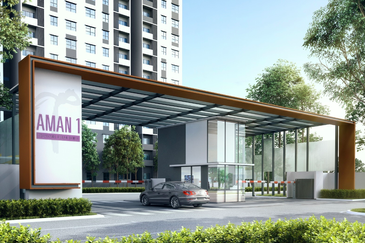
Tropicana Aman 1
Telok Panglima Garang, Selangor
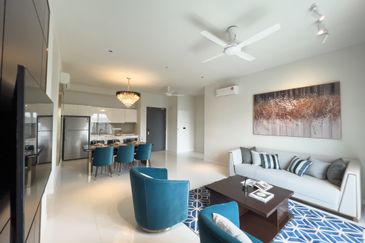
Oxford Residences @ Pavilion Embassy
Keramat, Kuala Lumpur

Taman Nusa Sentral
Iskandar Puteri (Nusajaya), Johor

